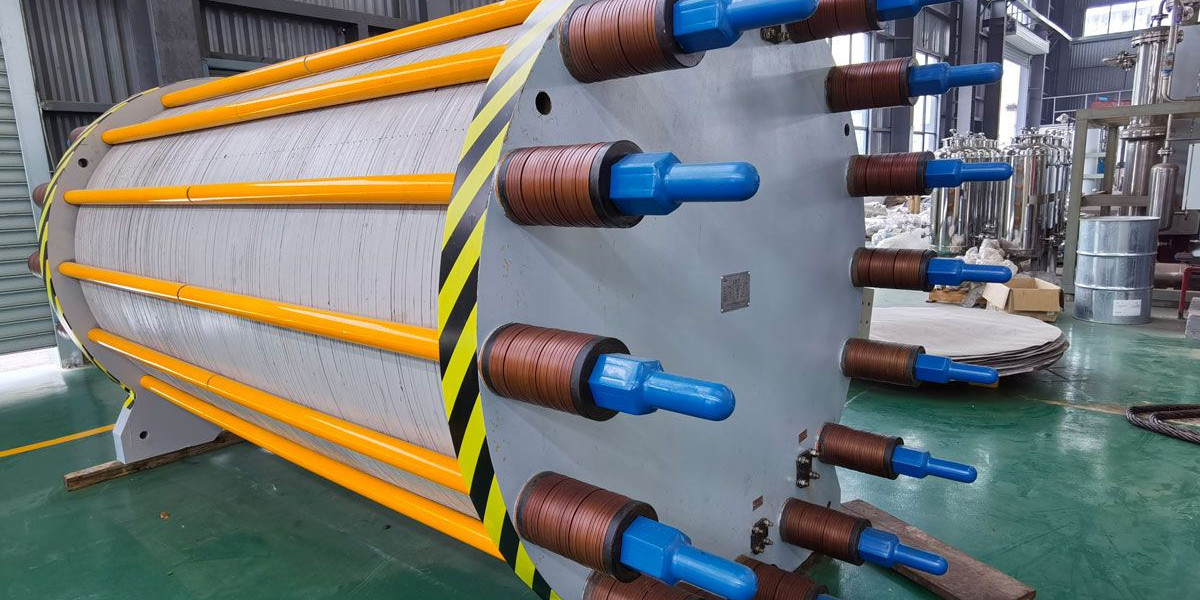The hydrogen electrolyzer market is gaining momentum as the world shifts toward sustainable energy solutions. Electrolyzers, which produce hydrogen through the electrolysis of water, are becoming increasingly vital in the transition to clean energy. Various factors influence this market, from technological advancements to regulatory frameworks, and understanding these impacting elements is essential for stakeholders looking to navigate this evolving landscape.
Technological Innovations
One of the most significant factors impacting the hydrogen electrolyzer market is technological innovation. Ongoing research and development in electrolyzer design and materials are leading to increased efficiency and reduced costs. Innovations such as improved catalysts and advanced membrane technologies enhance the electrolysis process, making it more economically viable. Additionally, the integration of digital technologies, including automation and artificial intelligence, is streamlining operations and increasing the reliability of electrolyzers. These advancements not only improve the performance of hydrogen production but also make electrolyzers more accessible to a broader range of applications.
Growing Demand for Clean Energy
The rising global demand for clean energy sources significantly impacts the hydrogen electrolyzer market. As governments and industries strive to meet ambitious climate goals, hydrogen, particularly green hydrogen, is emerging as a crucial element in reducing carbon emissions. This growing interest in sustainable energy has led to increased investments in hydrogen technologies, with electrolyzers at the forefront. As industries seek to decarbonize their operations, the demand for hydrogen produced through renewable energy sources will continue to rise, driving market expansion.
Supportive Government Policies
Government policies and regulations play a pivotal role in shaping the hydrogen electrolyzer market. Many countries are recognizing the importance of hydrogen in their energy transition strategies and are implementing supportive measures to promote its adoption. Incentives such as grants, subsidies, and tax breaks for hydrogen projects are encouraging investments in electrolyzer technologies and related infrastructure. Furthermore, regulatory frameworks aimed at reducing carbon emissions are creating a favorable environment for the development of hydrogen as a mainstream energy source. This supportive landscape is essential for the growth of the hydrogen electrolyzer market.
Infrastructure Development
The development of hydrogen infrastructure is another critical factor impacting the hydrogen electrolyzer market. As the demand for hydrogen grows, establishing a robust infrastructure for production, distribution, and storage becomes essential. Investments in hydrogen refueling stations, pipelines, and storage facilities will facilitate the broader adoption of hydrogen across various sectors, including transportation and industry. Collaborative efforts among governments, private companies, and research institutions will be crucial in establishing this infrastructure, ensuring the efficient delivery of hydrogen to end-users.
Public Awareness and Acceptance
Public awareness and acceptance of hydrogen technologies also play a significant role in the market's growth. As consumers become more informed about the benefits of hydrogen as a clean energy source, the demand for hydrogen solutions is likely to increase. Education campaigns highlighting the advantages of hydrogen—such as its potential to reduce emissions and enhance energy security—can help shift public perception. Additionally, as more businesses and governments commit to sustainability goals, public support for hydrogen technologies will likely strengthen, further boosting the market.
Challenges and Barriers
Despite the positive outlook for the hydrogen electrolyzer market, several challenges may hinder its growth. High initial investment costs, scalability issues, and public misconceptions about hydrogen safety are potential barriers that stakeholders must address. Developing strategies to overcome these challenges will be essential for unlocking the full potential of the hydrogen electrolyzer market.
In short, the hydrogen electrolyzer market is influenced by a complex interplay of factors, including technological innovations, growing demand for clean energy, supportive government policies, infrastructure development, and public awareness. As these factors converge, they create a conducive environment for the growth and adoption of hydrogen electrolyzers. By understanding and addressing the challenges and opportunities within this market, stakeholders can play a vital role in advancing hydrogen as a key component of a sustainable energy future. The ongoing evolution of this market holds significant promise for contributing to global decarbonization efforts and enhancing energy security.








